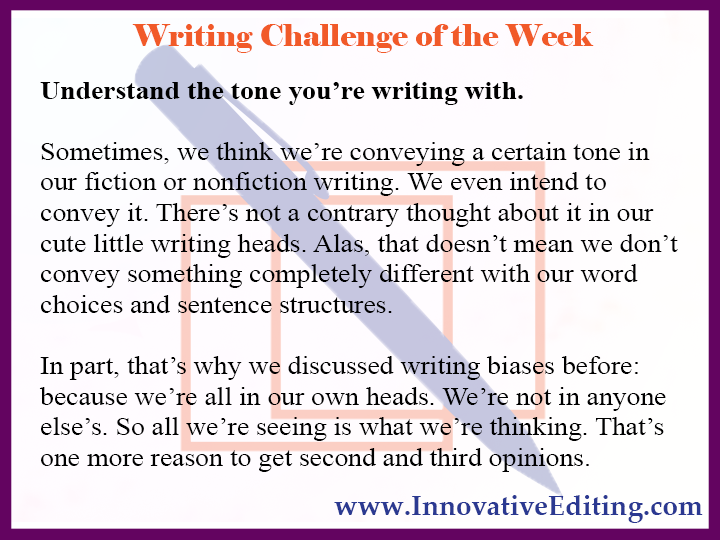Handling Feedback From Manuscript Editors and Beta Readers
- Jeannette DiLouie
- Feb 26, 2018
- 3 min read
There’s a basic publishing-process checklist I like to promote whenever I’m acting as a beta reader, manuscript editor or book coach. It’s one that holds true with both fiction and non-fiction writers.
I call it The 8 Steps of Getting Ready to Be Published.
Figure out whether you need to put in research time before you get started.
Complete a first draft.
Revise your first draft.
Revise your second draft.
Revise your third draft.
Give it to a beta reader or two (or five if you can find them).
Consider their critiques and add in appropriate revisions.
Review that draft.
Give it to a professional editor.
Consider his or her critique and add in appropriate revisions.
Review that draft.
Start shopping it out to literary agents and publishing companies, or choose to self-publish.
We’ll review the other parts in the weeks ahead, but right now, I want to specifically focus on the 6a and 7a intra-steps: considering critiques and adding in appropriate revisions from beta readers and manuscript editors.
To utilize these very valuable resources to their best advantage, you need to first define your authorial role in this whole process.
Understand that – without a shadow of a doubt – you’re your manuscript’s creator. Its monarch. It’s dictator even. Which means that you have final say over it no matter what anyone else wants to tell you.
Incidentally, that includes your characters. I know that mine often take over my first drafts, doing whatever they want however they want. But the final draft is up to me. Not them. I can choose to let them have their way, or I can make them obey my dictatorial will instead.
Which one is the right choice? That’s the same exact question you need to apply to beta readers (i.e., story lovers who are willing to give you overall insights into your writing) and manuscript editors.
The answer will be the same: It depends.
I say this as both a manuscript editor myself and as someone who has her own manuscript editor for the novels I create. She and I are very good at what we do, pointing out where paragraphs come across as being clunky, when details don’t match between plot points, and how to overall improve a novel or non-fiction work’s presentation into a publishing masterpiece.
Incidentally, we’re also quick to shower praise when praise is due. Because the best beta readers and manuscript editors don’t just show writers where they can strengthen their stories; they also highlight those spots that the author already handled to literary perfection!
That’s the best way to grow as an author. Or as anything else. You want to get the big picture.
Another “best way” to grow as an author is to really consider the feedback you get: both constructive criticism and well-deserved praise. Don’t ever give anyone else automatic authority over your writing, no matter how much you respect the beta reader or manuscript editor in question.
The strongest authors accept that they’re not perfect. That’s why they look for outside feedback in the first place.
They also accept that nobody else is perfect. That’s why they really stop and consider outside feedback before they accept or discard it, always asking this question:
“Do I think that the suggested change(s) intellectually, emotionally, professionally, psychologically and/or spiritually strengthen the work?”
If the answer is yes, then run with it. If the answer is no, then don’t.
Getting feedback from beta readers and manuscript editors is as simple – and as complicated – as that.




